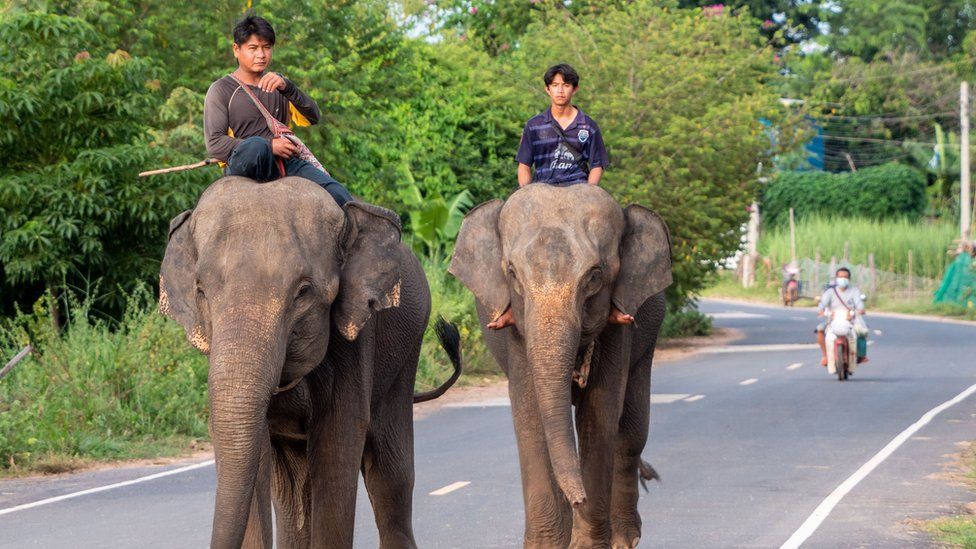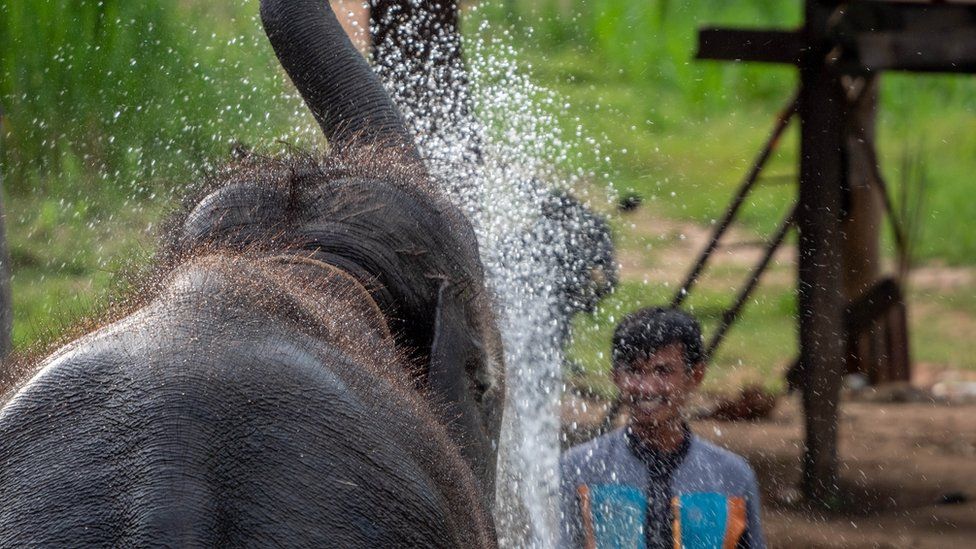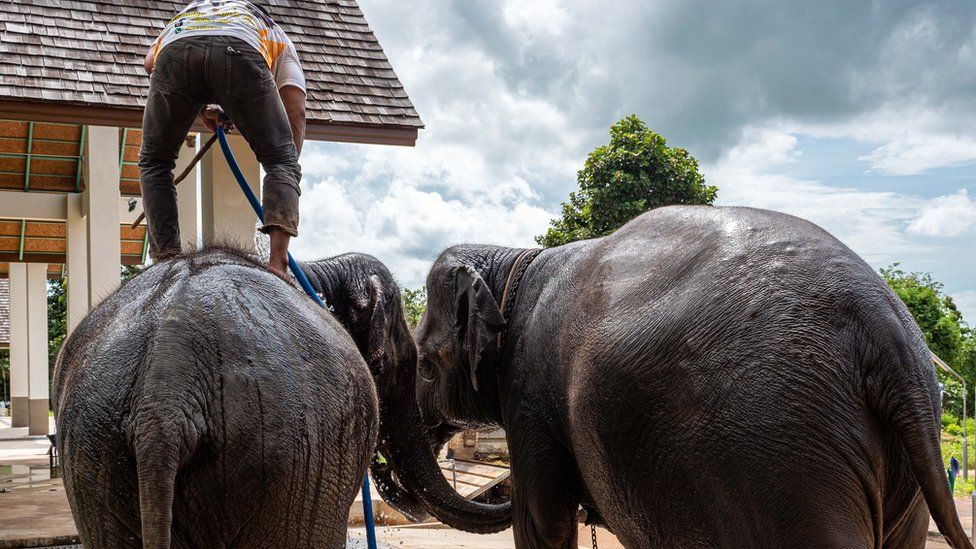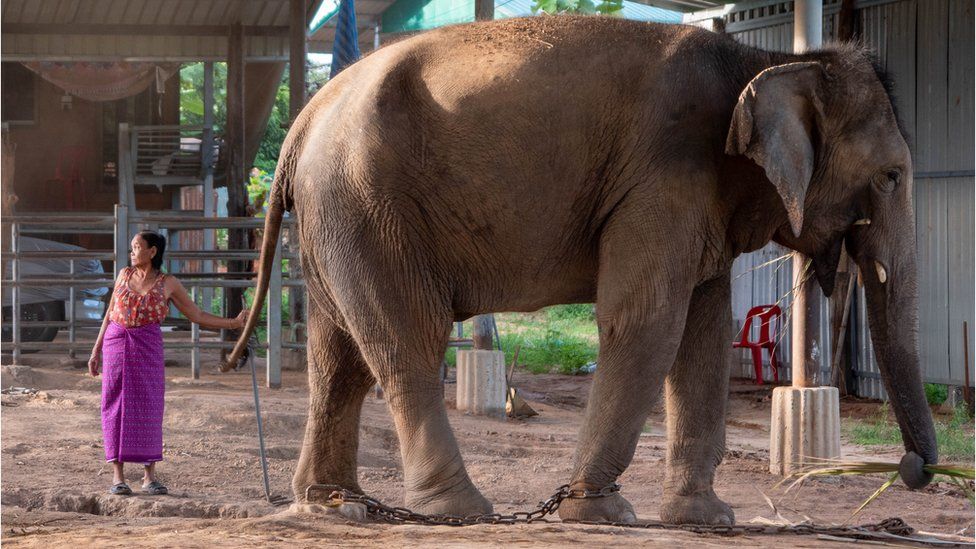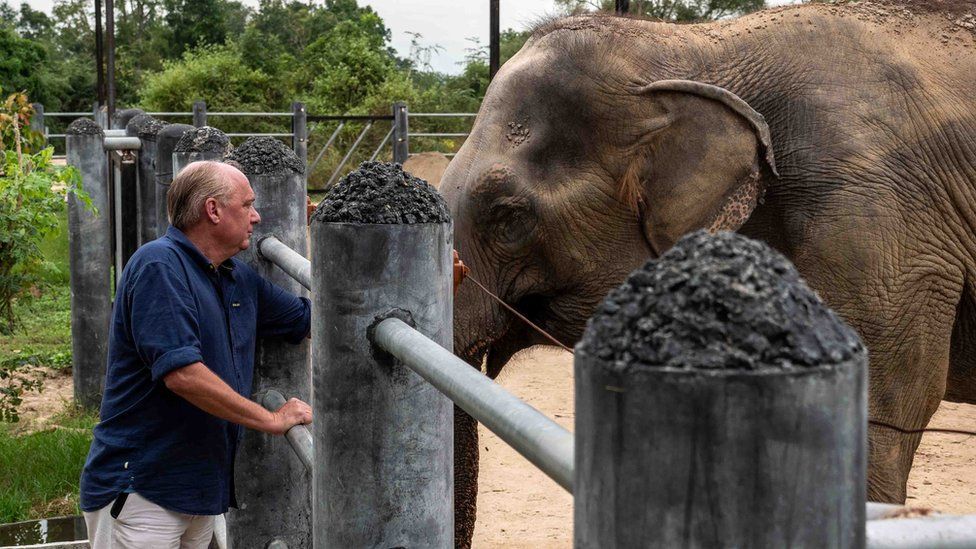Pakistan must address the concerns of the Baloch people as the attack by TTP has increased in Balochistan in the past few years.

January 3, 2023
Balochistan [Pakistan], January 3 (ANI): Despite being a treasure of natural resources, Pakistan’s Balochistan falls under the poor category and so the state needs to figure out the reason behind the inability to bring socioeconomic upliftment to this resource-rich region, Mukhtar Ahmed writes in local media.
Balochistan is not only suffering an economic crisis but also a security issue. Tehrik-i-Taliban Pakistan (TTP) took responsibility for the recent attack in Chaman where five security officials belonging to the Levies were also killed. This was in addition to attacks in Kohlu, Zhob and Turbat by Baloch separatists, reported the New Pakistan website.
According to the New Pakistan website, the growing presence of the TTP in Balochistan has made the province’s people more worried especially after the Taliban regained power in Afghanistan last year.
Despite being a naturally rich province, the people of Balochistan suffer due to the apathy of Provincial and Federal government.
The Afghani Taliban refused to help and the TTP is now on the rampage in two provinces of the country, and in the federal capital, it is time the Pakistani state actually rethought its security calculus.
Recalling Abbas Nasir, former Editor of Dawn, wrote “Balochistan is on the boil again and precious lives continue to be lost in the province, with little or no acknowledgement that the so-called iron-hand policy being pursued there since the killing of Nawab Akbar Bugti in 2006 has delivered nothing but spiralling death and destruction.”
As Nasir notes, “The policy pursued so far has inflicted considerable pain and agony on the law-enforcement personnel and the Baloch population alike. While the paramilitary forces are armed with the ‘writ of the law’ in taking on the ‘terrorists’, the general Baloch public is furious at being treated like a hostile, alien presence on their own soil,” New Pakistan reported.
Earlier, the Dailytimes reported citing the Center for Research and Security Studies (CRSS) report that Khyber Pakhtunkhwa and Balochistan provinces had suffered close to 376 terror attacks the previous year.
The report claimed that the majority of the attacks were carried out by banned terror outfits such as Tehreek-e-Taliban Pakistan (TTP), Daish (Islamic State Khorasan) and Balochistan Liberation Army (BLA).
Khyber Pakhtunkhwa (KP) province as a whole had an exponential surge in violence, with a corresponding rise in fatalities. Government officials, law enforcement officers, and civilians made up the majority of the victims of violence. According to the study, there were several foreigners among the civilian population.
According to the Center, after November 28 there was an extraordinary uptick in terrorist assaults in KP and Balochistan, with over twenty strikes occurring in only the month of December.
Darcy Robertson

London [United Kingdom]3 JANUARY (ANI): The Baloch Republican Party UK held a protest in London against the brutality of the Pakistani Armed Forces and Army in Gwadar, Balochistan.
Speaking on Twitter, the Baloch Republican Party UK Zone said: “BRP UK protested in London against the brutality of the Pakistani Armed Forces and Army in #Gwadar, showing solidarity with our brothers and sisters in #Balochistan #gwadarundersiege #GwadarProtests #GwadarisNotAlone. “
Also Read | Paraceratherium: Rhinos scattered across Tibet in South and Central Asia, study says.
In the video shared on the Twitter account, the protesters could be seen holding placards that read: “No more security forces in Turbat, Balochistan”, “Trawler mafia must stop using Gwadar Sea in Balochistan”, ” UK intervenes in Gwadar Balochistan” and many more.
Cases of physical intimidation and enforced disappearances of the local Baloch population have increased significantly even as the offensive against the Baloch Liberation Force rages on, the International Forum for Rights and Security (IFFRAS) reported.
Also read: 'They moved with great speed and their usual brutality': Andrew Marr reacts to...
Recently, the case of Siraj Noor and Mohammad Arif, who were kidnapped by the Pakistani military while on vacation in their hometown, sparked a protest in Pakistan.
Local residents took to the streets in Khuzdar district of Balochistan on Sunday, blocking the main road in the area after two students were violently kidnapped by Pakistani forces, Pakistani media reported.
Due to the closure of the highway, a long line of cars formed, trapping many passengers, the Balochistan Post reported.
Siraj Noor, one of those missing, is a 6-semester law student at Sargodha University, while Muhammad Arif earned his MA from Balochistan University in 2022, the Balochistan Post reported, adding that while different schools of thought have investigated the youth’s enforced disappearance Condemn, the authorities have not yet commented on the matter.
Akhtar Mengal, leader of the Baluchistan National Party, has repeatedly accused the Pakistani security forces of conducting fake encounters and forcing the disappearance of Baloch locals.
Cases of fake encounters and enforced disappearances tripled during Imran Khan’s tenure as prime minister. This is despite the fact that the Baloch National (Menghal) Party was in a coalition with Imran’s Pakistan Tehreek-e-Insaf.
Collectively, these incidents have caused thousands to disappear in Baloch province. IFFRAS, citing Voice for Baloch Missing Persons, an organization that searches for missing persons, reported that more than five thousand people are still missing. It said students, activists, women and children were among the missing.
Gwadar Rights protesters threaten Chinese nationals to leave port

BALOCHISTAN: Gwadar Rights Movement leader, Maulana Hidayat ur Rehman, issued a warning to Chinese nationals to leave the Gwadar port area, reported The Maritime Executive.
Maulana issued a threat to the Chinese nationals living in Gwadar, according to reports, warning that if the government "ignores" their peaceful protests, the participants have a right "to pick up and use weapons to protect our rights."
Media reports suggest that there are fewer than 500 Chinese in Gwadar, all based in the Gwadar Port compound, reported Asian Lite International.
Protests on the expansion of Pakistan's Gwadar Port, a key asset for China's BRI (Belt and Road Initiative) in Asia, continue to escalate, potentially jeopardizing economic ties between China and Pakistan, reported The Maritime Executive.
Last week, the events took a new twist after a protest leader warned Chinese nationals to leave Gwadar by the end of the week. Chinese citizens are facing increasing threats from different militant groups in Pakistan, with a rise in recent incidents of targeted attacks on China nationals.
The growing anti-China sentiment in Gwadar may adversely impact the progress of key CPEC projects. The protests led by Rehman, affiliated with the Gwadar Rights Movement, have been going on for about two months.
The protests mainly involve blocking Gwadar's port entrance and the Gwadar East Bay Expressway, a key artery connecting the port with Pakistan's main highway network, reported The Maritime Executive.
Participants are demanding an immediate ban on illegal trawling in Balochistan's maritime boundaries, recovery of missing Baloch people, closure of unnecessary security checkpoints, primacy to local workers over Chinese citizens, maximum concessions in border trade with Iran, and end to narcotics, among other Gwadar-related issues.
The protesters also want the government to ease curbs on informal border trading with Iran. While these demands are not directly linked to Chinese projects in Gwadar, experts argue that many locals believe the developments are part of the problem, reported The Maritime Executive. Last year, Rehman led similar protests for over 32 days.
He called the action off after the government promised to address his raised demands, which the protesters now say were never resolved. Rehman and the other protestors had largely avoided threatening China openly last year.
Rehman's decision to issue a warning to Chinese nationals is seen as a move to coerce the Pak Government into a negotiation, reported The Maritime Executive.
Since 2021, Chinese nationals have been the target of terror attacks in Pakistan. This includes a bomb attack in July 2021, which killed at least nine Chinese workers on a bus heading to the Dasu hydropower project site.
These threats have prompted Beijing to press Islamabad to guarantee security for its nationals. When Pakistani Prime Minister Shehbaz Sharif visited Beijing last month, the security of the Chinese in Pakistan was among the items on the agenda.
With protesters demanding urgent government attention, it may well be that the security of the Chinese is being used as leverage for negotiations. Rehman has also vowed to stop all Chinese projects in Gwadar and prevent the movement of high-profile dignitaries in the port town, reported The Maritime Executive.
Pakistan enjoys a special economic relationship with China, and the China-Pakistan Economic Corridor (CPEC) is regarded as the crown jewel of the BRI. It will offer China the shortest access to the markets of Central Asia, Africa, the Middle East, and Europe through the deep-sea port of Gwadar.
CPEC is slated to cost over USD 50 billion, including the development of highways, railways, and special economic zones. Gwadar Port is the linchpin of the initiative.
Although CPEC was launched back in 2015, local resistance has significantly affected its pace. The project further slowed during the administration of the previous Prime Minister Imran Khan due to friction between his government and China, but the new administration appears keen to revive CPEC, reported The Maritime Executive.



